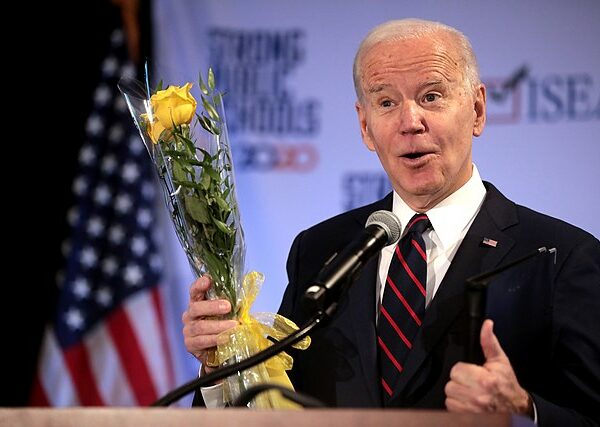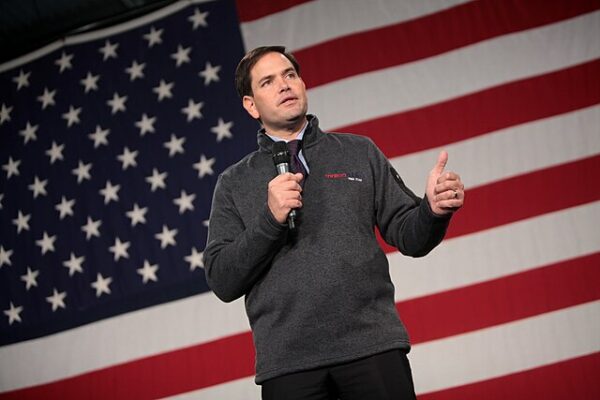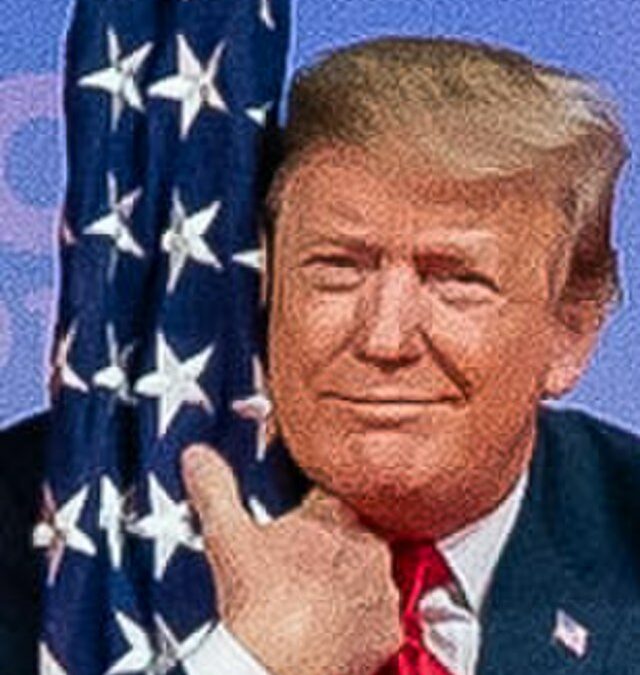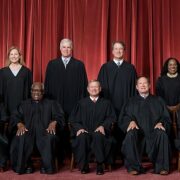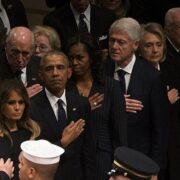
While a major city burns and Joe Biden uses the emergency to mostly talk about the birth of his great grandchild, the liberal staffers in the White House are using their waning moments of his administration to take on the tough issues. Earlier in the week, the Food and Drug Administration (FDA) announced the advancement of a proposed regulation that would drastically reduce nicotine levels in cigarettes, a move intended to make them less addictive.
Although public health advocates praise this initiative, writes Fox News, critics warn it could unintentionally fuel a surge in black market activity and organized crime. The regulation, known as the Tobacco Product Standard for Nicotine Level of Certain Tobacco Products, recently cleared a review by the Office of Management and Budget (OMB), marking a significant step forward. However, the finalization and implementation timeline remain unclear.
“Biden’s ban is a gift with a bow and balloons to organized crime cartels with it, whether it’s cartels, Chinese organized crime, or Russian mafia. It’s going to keep America smoking, and it’s going to make the streets more violent,” Rich Marianos, former assistant director of the U.S. Bureau of Alcohol, Tobacco, Firearms and Explosives and the current chair of the Tobacco Law Enforcement Network, told Fox News Digital of the proposal.
The FDA confirmed to Fox Digital on Monday that as of Jan. 3, the Tobacco Product Standard for Nicotine Level of Certain Tobacco Products had completed a regulatory review, but that the proposed rule has not yet been finalized.
Lowering the levels of nicotine in commonly purchased cigarettes and other tobacco products would open the floodgates to the illicit trafficking of tobacco products into the U.S., Marianos told Fox News Digital.
“This decision is being thrown down the public’s throat without one ounce of thought and preparation. Nobody sat down with law enforcement, nobody sat down with any doctors, No one sat down with any regulators to find out, ‘Hey, look, what are the unintended ramifications of such a poor choice,’ and that’s what I’m going to call it, a poor choice,” Marianos said.
Lawmakers from both major political parties have previously raised alarms about the national security implications of tobacco smuggling. In a letter to Secretary of State Antony Blinken, a bipartisan group of senators emphasized the financial connections between tobacco trafficking and organized crime networks involved in drugs, weapons, and human trafficking.
“In 2015, the State Department cited activity by terrorist groups, and criminal networks who have used tobacco trafficking operations to finance other crimes, including ‘money laundering, bulk cash smuggling, and the trafficking in humans, weapons, drugs, antiquities, diamonds, and counterfeit goods,’” wrote the senators.“Recently, public reporting has also noted these financial linkages between Mexican transnational criminal organizations (TCOs) involved in narcotics and fentanyl trafficking, and these tobacco smuggling activities. Mexican TCOs pose a grave threat to American national security and public health.”
“TCOs control most of the U.S. drug market, and are responsible for trafficking the illegal drugs, including marijuana, heroin and fentanyl, that drove the record number of drug overdose deaths in the U.S. in 2022,” continued the senators.
The senators called on the State Department to counter these efforts and continue action to address these threats.
“Noting the documented financial connections that exist between these tobacco-related activities and broader criminal activity and transnational threats, we ask that you provide answers to the following questions, related to how your department—as part and in support of a broader U.S. Government effort—acts to counter these activities,” concluded the senators.
While the FDA maintains that the proposed rule prioritizes public health, critics question whether it will deliver its intended outcomes. Some argue that smokers might respond to lower nicotine levels by consuming more cigarettes, potentially negating the intended health benefits.
This isn’t the first time that the White House has shown a strange obsession with tinkering with cigarettes. In 2023, Biden faced outrage after trying to ban menthol cigarettes, claiming that they were racist and targeted African Americans.
In April of 2024, as his numbers tanked against Donald Trump and polling revealed the incumbent president struggling to win over black voters, Biden dropped the proposal.
[Read More: Democrats Have A Competency Problem]



